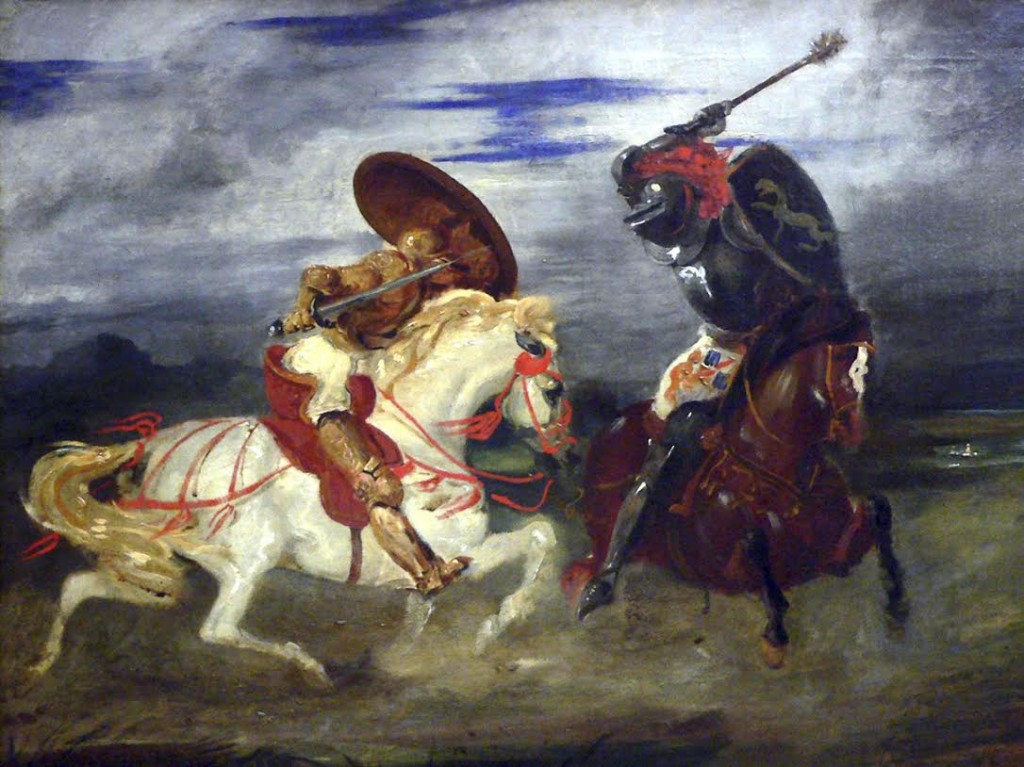
The phrase “chivalry is dead” is often said to mean romance is dead, whereas the term chivalry has much darker, complex overtones than that. Chivalry is not a synonym for romance. In actuality, it refers to “the medieval knightly system with its religious, moral, and social code.”
Out of this knight’s code, the genre of chivalric romance was born. This is where the associations between chivalry and romance were conceived. Stories of a noble knight coming to rescue the damsel in distress are unfortunately still in existence despite medieval times being long gone.
In sociology, chivalry has come to represent the ways in which men offer protection to save women from harmful or dangerous situations. It’s important to note protection of women is an essential part of chivalric code.
Though the benefits of being male in our society far outweigh the benefits of being female, there are certainly times when being a woman has its perks — that is, for traditionally feminine, cissexual women — however, these perks are more baneful than meets the eye. Receiving special treatment for being a woman is not something we should accept if we seek equality as a goal. If a heterosexual couple is on a date, having the man pay may seem customary and “chivalrous,” but if the two parties in the relationship want to be equal partners then it cannot be the job of the man to take care of the woman. That is to say, modern dating does not bode well with the outdated concept of chivalry.
So what is wrong with men helping women? Inherently, nothing; however, helping a woman simply by virtue of her being a woman perpetuates the notion that women are always in dire need of saving and that men are disposable, harboring no emotions or qualms of their own. Chivalry benefits no one.
Take the example of a man holding the door open for a woman: Some believe it’s an obligation and others find it insulting. Perhaps what is needed is a paradigm shift. We should hold doors open for people to be kind — not because we are obliged or on the hook somehow. With this in mind, helping someone carry heavy boxes is great. Being courteous should be encouraged as long as it is not gender-specific.
We need to think about why a man is expected to pull out a chair for a woman. If the immediate response is “Oh, that’s just the way things are done,” then that’s not good enough. We must reexamine the implications behind these expectations and assess whether or not they still have a place in our society.
Conversations that utter the words “Where have all the good men gone?” or “A real man would do this,” are not healthy attitudes to hold — just as men viewing women as delicate, submissive beings that need to be protected is erroneous.
Chivalry in many ways paints men as one-dimensional caricatures of what it means to be a “real man.” Comparatively, women who accept chivalry are seen as demure and ladylike while women who do not subscribe to the concept are seen as “ungrateful bitches.” Either way, chivalry limits us as individuals. Politeness and kindness are rare these days, but we should practice them to be decent human beings — not solely for it being written somewhere. In essence, morality and civility should not limited to a knight’s code from the Middle Ages. Showing courtesy toward your fellow human beings is not exclusively a task for “gentlemen.” We should respect one another despite gender, for civility transcends gender.








